Obsessive Compulsive Disorder (OCD) is a mental disorder that can cause unwanted repeated feelings or thoughts (obsessions) or cravings to do things again and again (compulsions). Sometimes people suffer from both obsession and compulsion behaviors.
What is OCD?
OCD stands for Obsessive-Compulsive Disorder and this is a psychological disorder that involves primarily two kinds of symptoms. You have obsessions and these are unwanted thoughts, ideas, or images that a person doesn’t want to have. You can’t stop them coming to mind and you create a lot of anxiety and stress.
And compulsions, are the things that a person tries to get rid of the obsessional thoughts or the associated anxiety. Sometimes, these behavior takes on rich unrealistic and composite quality.
Obsessive Compulsive Disorder OCD isn’t just about thinking negative thoughts or biting your fingernails. Some people may consider certain colors or numbers “good” or “bad.” Due to compulsion, some people wash their hands seven times after touching anything that may be dirty.
Despite the fact that you don’t want to think or act on these things, you just can’t help yourself.
We all have repetitive thoughts or behaviors sometimes. But, the following thoughts or actions are characteristic of people with this mental illness:
- Consuming a lot of time during the day.
- Are out of your control
- Totally depressive
- Conflict with your social life, work, or personal life
Read: COVID Anxiety Syndrome
OCD symptoms and types
There are many forms of OCD, however, most cases fall into four broad categories:
Checking
For example, checking door locks, alarm systems, kitchen stove, ovens, or light and appliances switches or thinking about a mental illness like schizophrenia, or checking pregnancy (through strips)
Contamination
It can be a fear or a compulsion to clean things that can be dirty. Feeling contaminated in the mind is the feeling of being treated like dirt.
Organized and symmetry
Everything has to be arranged in a certain order
Ruminations and unwanted thoughts
An obsession with an idea. Thoughts of violence or distress could either come from these ideas.
Related: Rumination Disorder
Obsessions and compulsions
OCD patients are often aware that their habits and thoughts don’t make sense. The reason behind they do is not because they enjoy them, but actually, they are not able to quit. Stopping makes them feel bad enough to start again.
Symptoms of obsessive thinking
- Worry about yourself
- Worries about hurting other people
- Persistent awareness of body sensations such as blinking or breathing
- Doubt that a spouse is unfaithful , without any reason to believe it
Symptoms of compulsive habits
- Hand-washing again and again
- Counting the items in particular patterns
- Making sure the doors are locked repeatedly
- Ensuring the kitchen stove is off repeatedly
Everything you should know about: Obsession and Compulsion
Obsessice compulsive causes
Doctors are unsure about what causes OCD. OCD can get worse if you are stressed. Females are affected more than males. Teens or young adults are often affected by these symptoms.
OCD risk factors
- A child or sibling with OCD or a parent who suffers from OCD
- Physical abnormalities in some parts of your brain
- Tics, Anxiety or Depression
- Having experienced trauma
- An abuse history as a child
The streptococcal infection may sometimes become the cause of OCD in kids. This is referred to as PANDAS, or Pediatric Autoimmune Neuropsychiatric Disorders caused by streptococcal infections.
Related: How to Stop Worrying About COVID-19
OCD diagnosis
If you think something else is causing your symptoms, your doctor may perform a physical examination and blood tests. Doctors will also discuss your feelings, thoughts and habits.
Prevention
The prevention of obsessive-compulsive disorder is not a sure thing. The sooner you seek treatment for OCD, the better the chances of it not getting worse and disrupting your daily life.
OCD treatment
OCD is incurable. But you can control the symptoms by using a combination of medicines, therapy, and other treatments that affect your daily activities. Treatments are:
Psychotherapy
Changes in your thinking may occur when you undergo cognitive behavioral therapy. The doctor will engage you in a situation meant to trigger anxiety or excite compulsions, which is called exposure and response prevention.
You’ll learn to control OCD thoughts or behaviors and later stop them.
Relaxation
Stress can be mitigated through simple things such as meditation, massage and yoga.
OCD Medication
Most obsessions and compulsions can be controlled with psychiatric medications known as selective serotonin reuptake inhibitors. It may take 2 to 4 months for them to start working.
There are many prescription medications that help with depression, such as sertraline (Zoloft), fluvoxamine, paroxetine (Paxil), escitalopram (Lexapro), and citalopram (Celexa).
but, if you still experience symptoms, your doctor might prescribe antipsychotic drugs like risperidone (Risperdal) or aripiprazole (Abilify).
Check: Strategies To Control Overthinking
Neuromodulation
There are few cases, however, when therapy and medication do not work enough to make a noticeable change. In these cases, your doctor might refer you to a therapy that involves devices that alter the electrical activity in a specific brain area.
There is one type of stimulation FDA-approved for OCD treatment that is called transcranial magnetic stimulation. It stimulates nerve cells using magnetic fields.
Another procedure is such a complicated technique for treating OCD is to implant electrodes in the brain.
Transcranial magnetic stimulation (TMS)
The TMS machine is a non-invasive device that induces a magnetic field above the head for treatment. The aim of this meditation is to control OCD symptoms by targeting a specific brain part.
Check: How to Calm Anxiety Attacks
OCD related conditions
There are many separate conditions that resemble OCD. It involves an obsession for things like:
- Your looks (body dysmorphic disorder)
- An orderly collection of things (Hoarding Disorder)
- Hair Pulling (Trichotillomania)
- Skin picking (Excoriation)
- Physical illness (Hypochondriasis)
- Smell or Body odor (Olfactory Reference Syndrome)
OCD in children
A childhood symptom was noticed by around half of people who have OCD.
There is no guarantee that children with OCD will display the same symptoms as adults. Here are some examples:
- Many people are unaware of their excessive obsessions or compulsions.
- There is a possibility that they believe that everyone experiences similar feelings and urges.
- It may be harder to spot obsessions. The development of certain thought patterns, including magical thinking and fear of bad things happening to the family, may also seem common in children.
- A 2014 study found that childhood-onset OCD increases the likelihood of tics developing.
- There is a greater likelihood that they will have symptoms from more than one category.
Therapy and medication are generally used to treat children, just as they are for adults. The next step would be to seek the help of a child therapist if you suspect your child may be suffering from OCD.
OCPD vs OCD
It is important to note that obsessive-compulsive disorder and obsessive-compulsive personality disorder (OCPD) are completely different conditions even though their names are similar.
People with OCPD are obsessed with orderliness, perfection, and control, including in their relationships. Compulsions or obsessions aren’t involved.
There are several key symptoms of OCPD, including:
- Detail-oriented, order-driven, rules-oriented, and schedule-oriented
- An inability to complete a task or assignment due to perfectionism
- Working so much that you don’t have time for personal interests or relationships
- Moral or ethical concerns are inflexible or overly conscientious
- Disposing of objects is extremely difficult for him
- Working with others or delegating responsibilities is difficult
- Whenever possible, avoid spending money
- The attitude of rigidity or stubbornness
It can disrupt relationships and disrupt everyday life when a person has a personality disorder like OCPD, which involves fixed persistent characteristics. These traits are often accepted as part of the personality of people who are living with personality disorders.
Even so, those suffering from OCPD tend to seek treatment more than those suffering from other personality disorders. The treatment of OCPD is often more effective than that of other personality disorders.
On the other hand, people with OCD may seek help more frequently because they are experiencing distress as a result of their symptoms.
Mental health professionals will diagnose them separately, although it is possible to have both conditions. Psychodynamic therapy is also a treatment option for OCPD.
Living with OCD
The symptoms of OCD cannot be cured, but with professional treatment and coping strategies, they can be managed and minimized, or even eliminated.
Therapy for OCD can help ease stress and improve quality of life, so seeking professional help can be beneficial.
OCD symptoms can be managed and unwanted thoughts can be challenged with professional support. Therapy can also help patients cope with other issues, such as:
- Breathing exercises
- Mindfulness and meditation techniques
- Establishing a self-care routine
- Communicating with loved ones
Disclosing your OCD diagnosis to those in your life might feel difficult, and there is no pressure to do so when you are ready. Nevertheless, if you isolate yourself, your situation will usually get worse.
Getting emotional support, as well as other types of support, from family, friends, and other loved ones can enhance your overall well-being.
Getting connected with people who understand what you’re going through can also be achieved by joining an OCD support group.
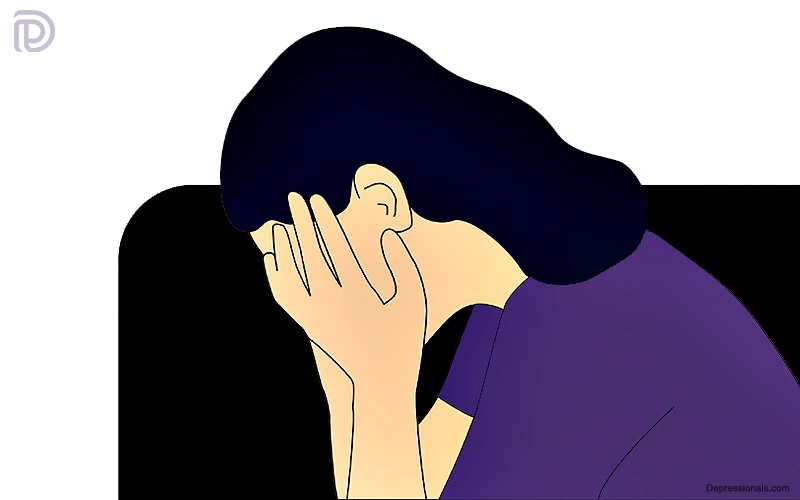
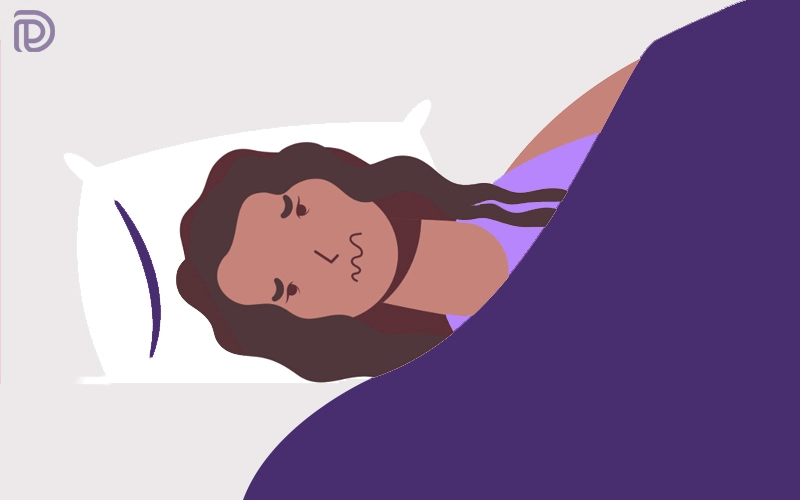
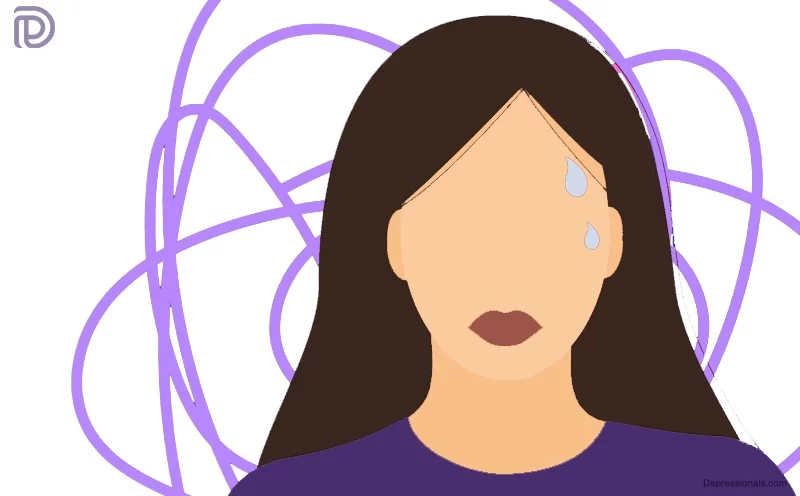
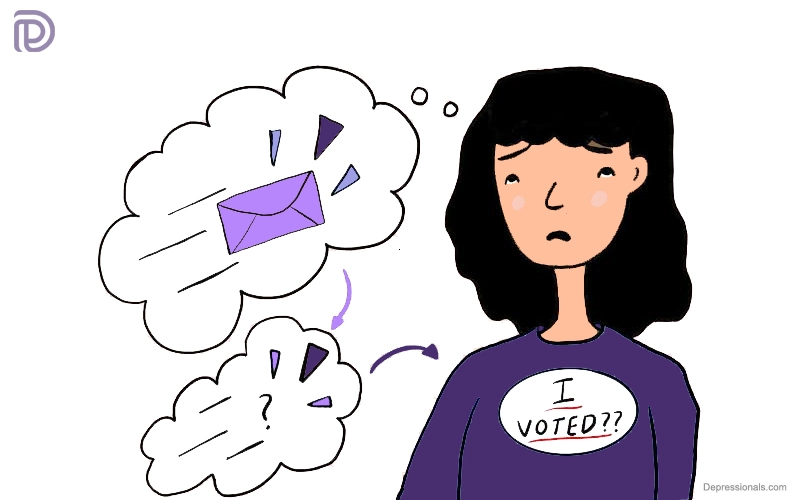
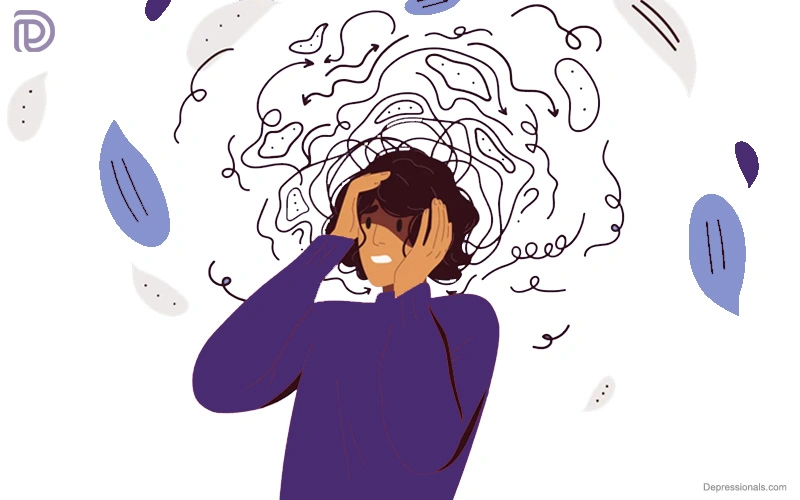

I’m impressed, I need to say. Really not often do I encounter a blog that’s each educative and entertaining, and let me let you know, you have got hit the nail on the head. Your idea is excellent; the issue is one thing that not enough persons are talking intelligently about. I’m very joyful that I stumbled throughout this in my seek for one thing relating to this.
What a nice website, cannot wait to read new articles.
The next time I read a blog, I hope that it doesn’t disappoint me as a lot as this one. I simply, I do know it was my choice to read, but I truly thought you’d have something attention-grabbing to say. All I hear is a bunch of whining about something that you possibly can fix for those who weren’t too busy in search of attention.
I like the helpful info you supply to your articles.
I will bookmark your weblog and test again here frequently.
I am reasonably certain I will learn much new stuff proper right here!
Good luck with the following!